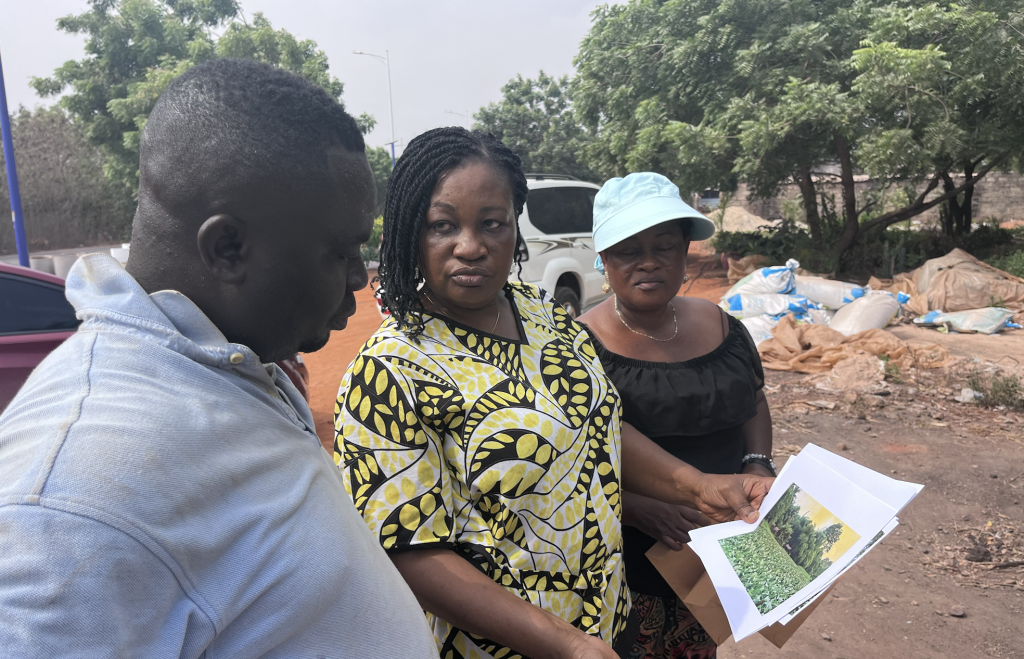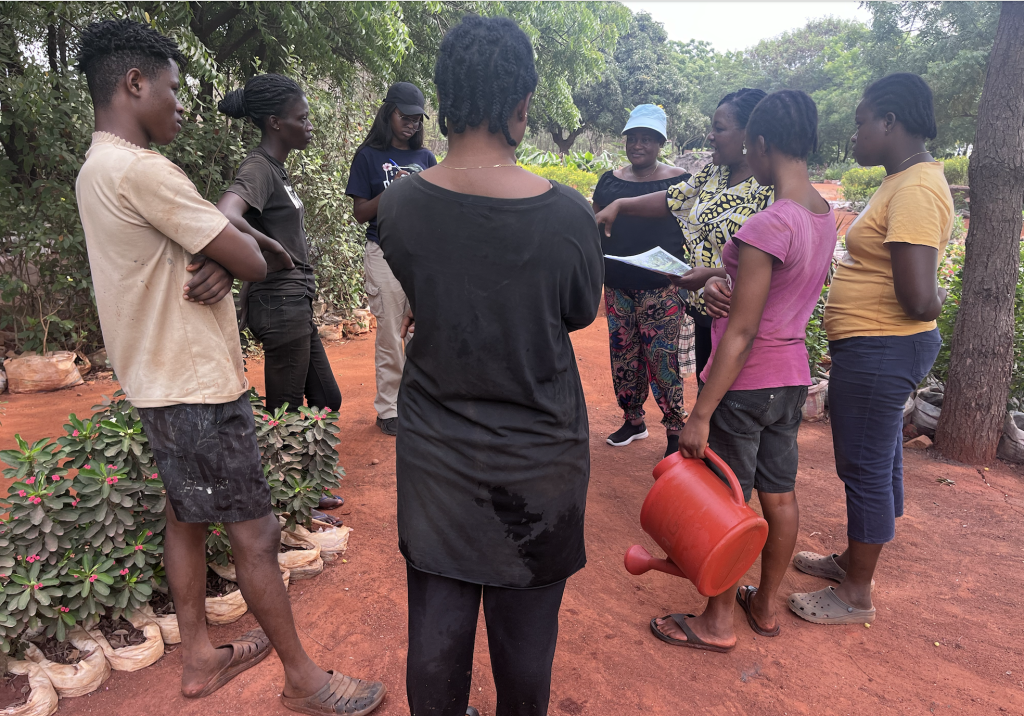Albert Oppong-Ansah
Accra, Feb.21, GNA – The Environmental Protection Agency (EPA)is taking steps to halt the further spread of water hyacinth, a floating invasive aquatic plant, in the country.
The Agency has thus started educating horticulturists on the destructive effects of the water hyacinth on water bodies and consequences of potting and retailing that plant to flower lovers.
Mrs Jewel E. Kudjawu, the Director of the Intersectoral Network Department at the EPA, disclosed this to the Ghana News Agency after the first round of meeting with horticulturists around Legon bypass road in Accra.
She explained, “If people stop potting the plant, the chance of it getting into river bodies and covering the surface to cause economic and social problems is less. When water hyacinth grows on river surfaces, it deprives organisms from sunlight and oxygen.”

“The aquatic plant gradually drives away organisms beneath the water and renders the river unproductive. In the Volta Lake, and Tano River, these weeds have taken up a large portion, preventing fishermen from fishing and communities from not getting water for household use. One of our aims is to prevent it from going into other river bodies.”
The seeds, she said, aside from burning it, could hibernate and survive harsh conditions for a long time until they got a favourable condition to sprout.
Ms Helina Dodd, a Programme Officer at the Natural Resource Department of the EPA, said though the plant appeared very beautiful and desirable, it had proven to be very problematic for socio-economic development as it could double itself within five to 15 days.

She mentioned that fishermen on the Volta Lake, and Jaway Wharf, a border community in the Jomoro Municipality of the Western Region, had complained that the water hyacinth often destroyed their fishing gear.
Ms Dodd said the EPA was considering developing legislation to reduce the spread of invasive species, including outlawing the potting of water hyacinth.
Madam Carol Neaquaye, Leader of Accra Flowers and Plant Growers Association (AFPGA), would work together with the EPA to reduce the spread of water hyacinth plants.
“I have seen the devastation of the plant on the Volta Lake and I agree we need to work together to prevent it from getting into other water bodies,” she said.
Mr Alex Ohene Kwesi, a Horticulture Garden Owner, commended the EPA for taking steps to educate AFPGA members and assured that they would spread the message.
In recent times, researchers and development workers are harvesting water hyacinth to develop products, including animal feed, artifacts, and compost fertilizer.
Water hyacinth was first noted at a residence in Tema in 1984 and spread to Accra through the activities of horticulturists and flower vendors.
It was subsequently found in the Volta Lake and the Tano river.
Water hyacinth,is a plant native to South America, but has naturalised throughout the world, and is invasive outside its native range.
It is the sole species of the subgenus Osuna within the genus Pontederia.
GNA